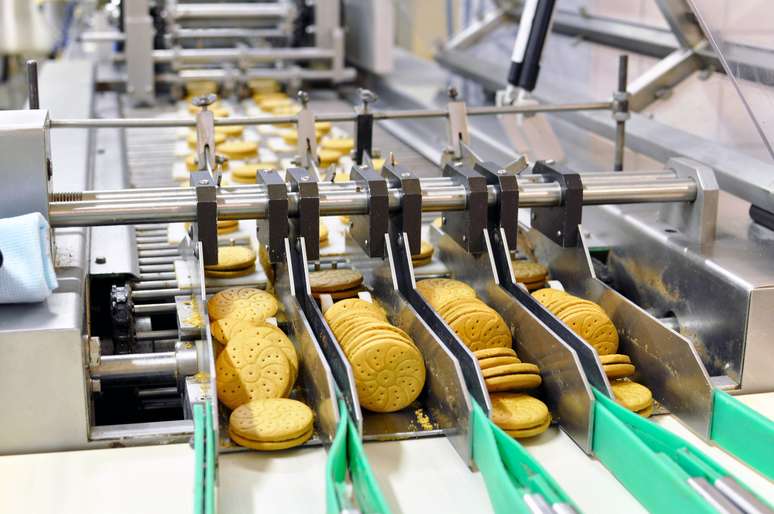Business advisory and accounting services firm Grassi, in collaboration with the New Jersey Food Processors Association (NJFPA), announced the results of their third annual benchmarking survey of food manufacturers and distributors in New York and New Jersey.
Fielded by Crain Communications, the 2023 State of Food Manufacturing report surveyed professionals in every sector of the food and beverage industry to assess the state of the industry in N.Y. and N.J., identify trends over the past 12 months and gather key industry opportunities and challenges for 2023.
The report uncovered that the food manufacturing industry in both states is finally moving past the economic hurdles of the COVID-19 pandemic. Revenue is up every year since 2020 and 82% of survey respondents said they believe this trend of increased revenue would continue in 2023.
- 67% of respondents said their revenues increased in 2022, with an average growth in revenue of 27%.
- 82% of respondents are optimistic that their revenues will increase this year.
- The three most common distribution strategies companies are using to overcome challenges are: improving customer service (52%); increasing the use of analytics to optimize production, distribution or customer service (40%); targeting new distribution channels (40%); and increasing sales force (34%).
- Despite inflation challenges, 69% of respondents plan to increase capital spending this year.
“These insights into industry-wide trends, such as shifting consumer demands, supply chain disruption and inflation, bring unique opportunities for businesses to evaluate their own positions and plan for strategic growth,” said Robert Grote, Grassi’s Manufacturing & Distribution Practice Leader.
Profits also rose in 2022 as 58% of those surveyed saw an average of 22% profits increase. Despite this success and the suspected increase of future revenue, many believe that profits will stay the same or slightly increase in 2023.
Food manufacturing businesses in the Garden State also had an easier time managing personnel in 2022. The was an average of 33% decrease in COVID-19 outbreaks and a 13% decrease in staffing challenges in 2022. In spite of this, many in the industry are still concerned that they will have difficulty maintaining staff levels and preventing staff turnover. To combat this, many are incorporating flexible scheduling, financial incentives and increased automation to manage staffing risks.
Despite the optimistic outlook coming out of 2022, the pandemic is still having its lingering effects on the industry. Almost half of those surveyed said supply chain problems were their biggest problem in 2022.
“Our delivery costs have doubled. We just got a price increase from our tea supplier due to inflation. The cost rises are just continuing. 2023 will be another challenging year,” one manufacturer surveyed said.
In addition to the supply chain, inflation was also a big challenge to manufacturers. Some ways businesses are dealing with inflation include absorbing the extra costs, renegotiating with vendors and passing some of the cost off to consumers.
As the 56th largest accounting firm in the nation, Grassi is a leading provider of business advisory, tax and accounting services.
NJFPA is a community of food and beverage companies, suppliers and service organizations that promotes industry growth throughout the Garden State region through education, resource sharing and strong member partnerships.











